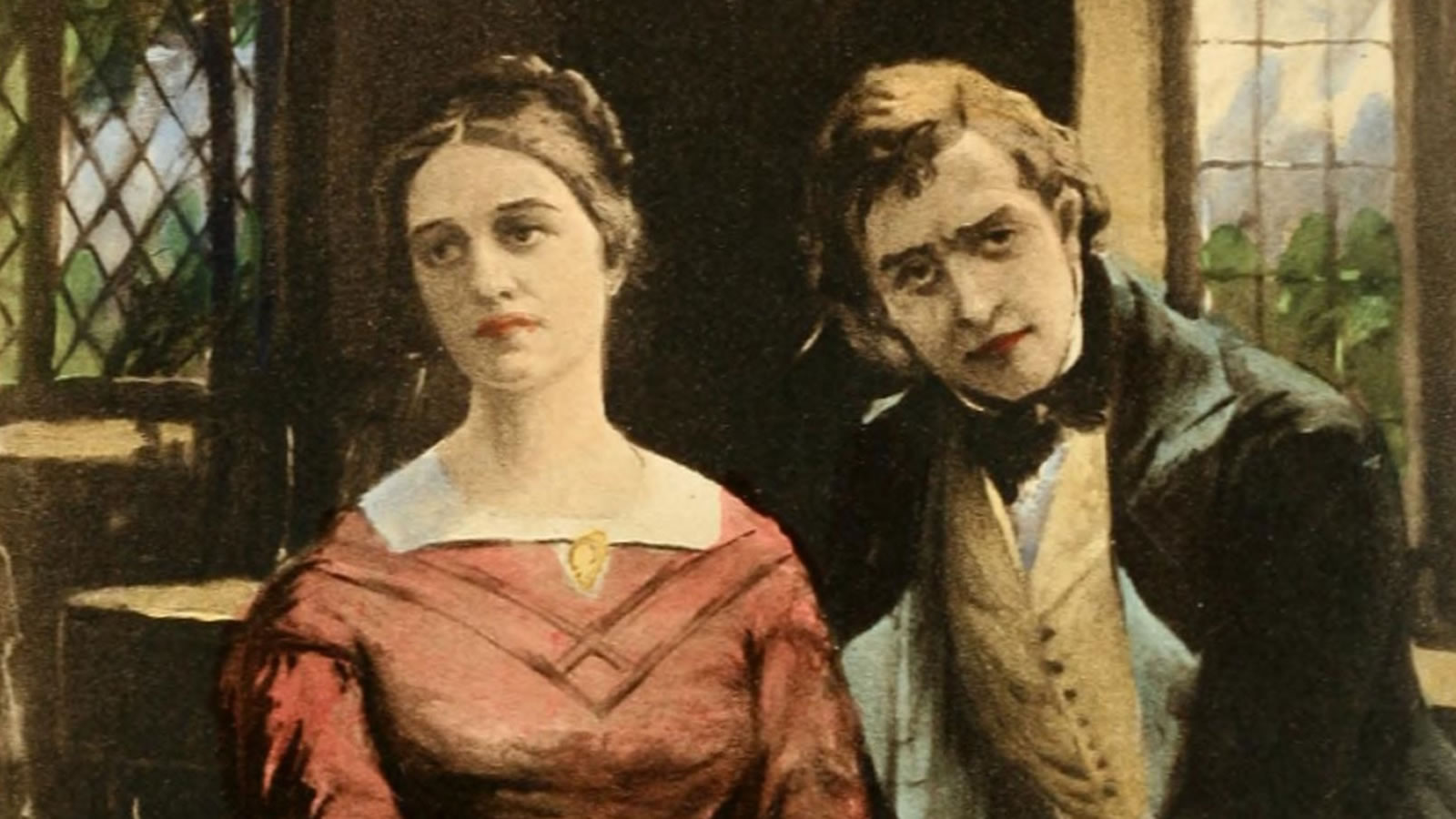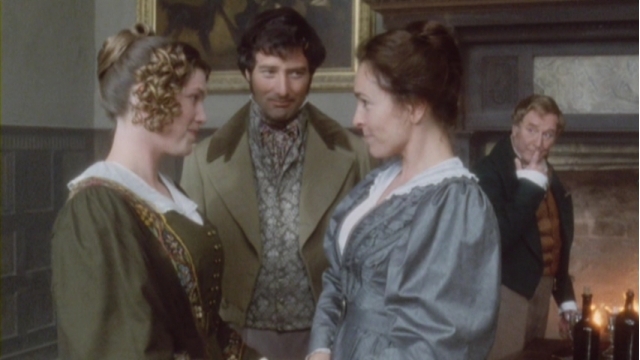

(10, 17, 24, May 1, 8, 15), 9-10 p.m., PBS)įilmed in England and Italy by BBC-TV in association with WGBH, Boston. Veteran composer Stanley Myers (in one of his last jobs prior to his recent death) supplies a robust, pastoral score, developed by Christopher Gunning in subsequent episodes. Production values are tasty, with the country town of Stamford, Lincolnshire, convincingly re-dressed as Middlemarch. Between them, the pair strikingly embody Eliot’s central theme of forward thinkers battling conservative values in a dull, complacent community. Performances are on the nail throughout, with special praise for newcomer Aubrey and Hodge (“Capital City”). By the end of the opener, the chess board has been clearly laid out with enough tensions and incipient relationships to fuel a whole series of “Dallas.”

Casaubon (Patrick Malahide) starts to hit the reefs during their Italian honeymoon in the opener.ĭavies’ intelligent script does a fine job of paring down Eliot’s prose to fast-moving essentials. Her marriage to middle-aged intellectual bore Rev. On the landed gentry side, Dorothea (Juliet Aubrey), daughter of old-fashioned buffoon Arthur Brooke (Robert Hardy), is an idealistic, relentless self-improver. A young doctor, Tertius Lydgate (Douglas Hodge), arrives with big ambitions and immediately comes up against local politicking between stuffed-shirt local banker Bulstrode (Peter Jeffrey) and the free-thinking Rev. The railroad is coming, and new social and scientific ideas are in the air. “Middlemarch” refers to the fictional Midlands community, a kind of Anytown, U.K., on the cusp of major change in the year 1829.


 0 kommentar(er)
0 kommentar(er)
